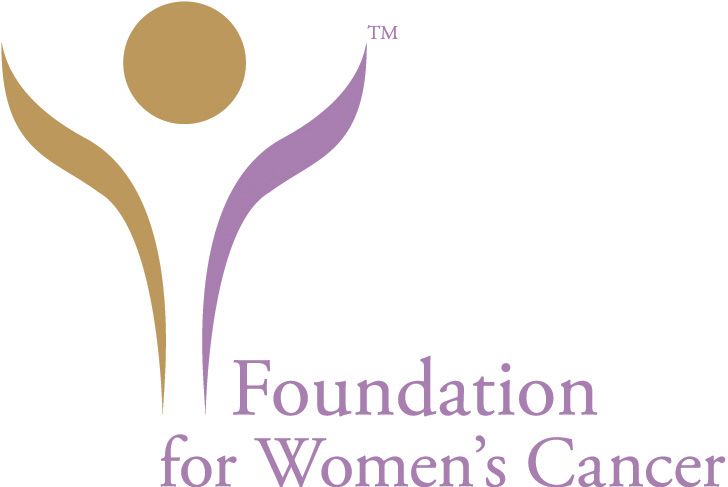COVID-19 Vaccines and Patients With Cancer: Q&A With Neil Finkler, MD

With growing concern over the highly contagious strain, the Foundation for Women’s Cancer asked Neil Finkler, MD, to break down how the Delta variant is dangerous for patients with cancer and whether they should get the COVID-19 vaccine.
The Delta variant has become the dominant strain of the coronavirus in the U.S. and due to its high transmissibility, the Centers for Disease Control and Prevention (CDC) reversed its guidance on masking for vaccinated individuals in July.
As this variant continues to surge, it seems that Louisiana and Florida are hot spots and hospitals are breaking records for new cases and hospitalizations.
With growing concern over the highly contagious strain, the Foundation for Women’s Cancer asked Neil Finkler, MD, Chief Clinical Officer of the AdventHealth Central Florida Division and a gynecologic oncologist in a state that is spiking, to break down how the Delta variant is dangerous for patients with cancer and whether they should get the COVID-19 vaccine. Here is what he had to say:
As a physician in a state with one of the highest numbers COVID-19 cases*, what have you witnessed over the summer as far as disease transmission and hospitalizations?
“The steep rate of rise is very concerning, and it is overwhelming many hospital systems. Looking at the numbers of COVID-related admissions over the past few weeks, it has been very hard to see the number of people being admitted, in the ICU, and on ventilators – and over 90% of them are unvaccinated. It’s heartbreaking to see this many people this sick for something that is preventable.”
Why is COVID-19 particularly dangerous for patients with cancer patients?
“Cancer weakens the immune system and the ability of the body to fight infection. In addition, the interventions we use to treat cancer, such as chemotherapy and other agents, can further predispose patients to get infected with COVID-19 and develop serious complications. These complications can range from debilitating disease that can last several weeks, to being hospitalized and even dying from COVID-19.”
What are you advising patients, particularly those who are dealing with gynecologic cancer, about getting the COVID-19 vaccine?
“I would urge those who are dealing with gynecologic cancers to get the COVID-19 vaccine. It is also important for family members and those around patients with cancer to get the vaccine. The only way we stop this pandemic is to get vaccinated. The vaccine will significantly decrease your risk of getting hospitalized and getting seriously ill or dying from COVID-19. It is also important to follow safety precautions such as avoiding being in contact with somebody that is sick and using masks in situations with increased risk of transmission such as public indoor spaces.”
Does the COVID vaccine offer some protection against the Delta Variant of COVID-19?
“The three COVID-19 vaccines currently available in the U.S. provide adequate immunity against the Delta variant, but it is currently unknown how effective it is for some cancer patients. While most cancer patients have responded well to the vaccine, there’s a varying degree of response that their immunosuppressed body may have which could limit the vaccine’s efficacy.”
What else can patients with cancer do to protect themselves from COVID-19 transmission?
“In addition to getting the COVID-19 vaccine and encouraging those around you to get the vaccine as well, I would recommend that patients with cancer continue wearing masks, even after vaccination, for additional protection. If you develop symptoms consistent with COVID-19, it is important to contact your doctor or get tested right away. If you are diagnosed with COVID-19, ask your doctor about monoclonal antibodies treatments immediately as this is the only treatment currently available in the U.S. that’s been proven to help COVID-19 patients in the outpatient setting, before they get severely ill from the virus.”
References
Neil Finkler, MD, is a gynecologic oncologist and Chief Clinical Officer for AdventHealth Central Florida Division in Orlando, FL.
